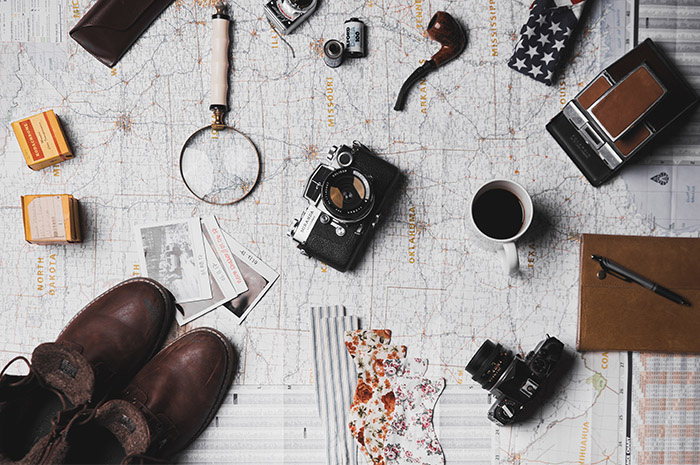This information will assist if you are a small business owner claiming a deduction for expenses you incur when travelling for your business – whether you use a registered tax agent or lodge your own tax return. Travelling for business? What you can claim will now be explained!
Key points
– You must keep your business travel expenses separate from your private expenses.
– You must keep records for five years that prove your expenses.
– If you travel for six or more consecutive nights, you may need to keep a travel diary.
– There is a separate fact sheet about business motor vehicle expenses and travelling to and from your places of business. For more information about these expenses, see ato.gov.au/motorvehicleexpenses
Types of expenses
As the owner of a small business, you can claim a deduction for expenses that you incur when you travel for your business. You cannot claim a deduction for any travel undertaken before you started running your business.
Common expenses include:
– airline, bus, train, tram and taxi or ride-sourcing fares
– car-hire fees and the costs you incur (such as fuel, tolls and car parking) when using a hire car for business purposes
– accommodation and meals if you are away overnight.
Claiming travel expenses
Your business can claim a deduction for travel expenses related to your business, whether the travel is taken within a day, overnight, or for many nights. The expenses must form part of your business records.
You cannot claim any private costs of the travel, for example leisure activities, a holiday that you add onto your business travel, or the costs of a family member who travels with you.
To claim expenses for overnight travel, you must have a permanent home elsewhere and your business must require you to stay away from home overnight.
You cannot claim travel expenses that arise because you are relocating or living away from home.
If you operate your business as a company and the business pays for private portions of your travel, there may be tax implications for you (as an individual) and your business for providing benefits to you.
For more information, see ato.gov.au/Division7A and ato.gov.au/fbt.
Employee travel expenses
Whatever your business structure, if you have employees who travel for your business, the business must actually incur the travel expense (by paying for it directly or reimbursing the employee) to be able to claim it as a deduction.
Your business may be subject to FBT if it pays or reimburses your employees for their travel expenses or private activities. Certain exemptions and concessions may apply to reduce your FBT liability.
To access the exemptions and concessions, you may need to obtain records from your employee.
If you pay your employees a travel allowance or a living-away-from home allowance, there are different considerations.
For more information visit ato.gov.au/fbt and ato.gov.au/travelallowances.
* If you are entitled to goods and services tax (GST) input tax credits, you must claim your deduction in your income tax return at the GST exclusive amount.
Records you need to keep
You need to keep records that prove all of your business travel expenses for five years.
These records can include:
– tax invoices
– boarding passes
– tickets
– travel diary
– details of how you worked out the private portion of expenses.
If you are a sole trader or partner in a partnership, you must keep a travel diary if you are away for six or more consecutive nights. A travel diary is also highly recommended if you run your business as a company or trust, as it will help you to determine the portion of the travel that was for private purposes.
* If you’re a sole trader with simple tax affairs, you can use the myDeductions tool in the ATO app to record your business-related expenses.
For more information, see ato.gov.au/mydeductions.
Travel diary
In your travel diary record the details of each business activity as you go including:
– the nature of each business activity
– the date and approximate time the business activity began
– how long the business activity lasted
– the name of the place where you engaged in the business activity.
The travel diary can be in any format that records this information.
Please note this is a general summary only. For more information speak with your registered tax agent at DGL Accountants, or visit ato.gov.au/businesstravel.
Our clients at DGL include individuals, small family businesses and medium to large corporate entities. They all come to DGL for the value we bring to every transaction or matter.
For assistance with your Taxation affairs please contact the Team on (07) 4944 0449.

